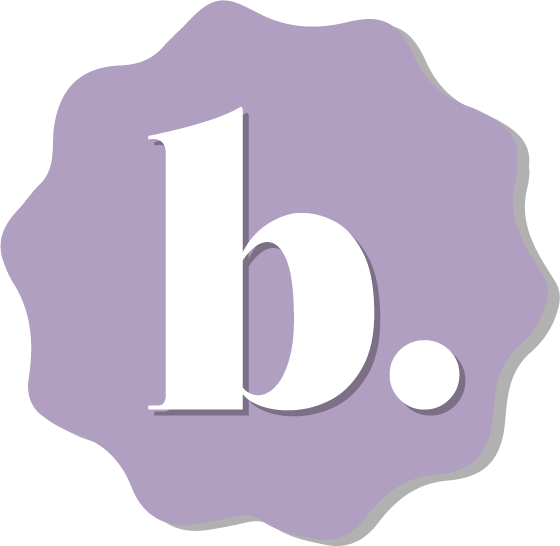Rainbow Capitalism: The Good, The Bad, The Shameful.
Stop me if you’ve heard this one before.
Corporations in June: “Hi, gay. Happy Pride! We’ve realised you’re a desirable demographic (for this month). Whether you’re an L, G, B, T, Q, I, A or whatever other letters we’re including now, prepare for an onslaught of YASS, QUEEN, love is love and way too many jokes about topping and bottoming (which we definitely don’t understand what that means).”
So “like” our Pride logo on social media, give us your rainbow dollar and we’ll pay you back by donating to politicians trying to outlaw your existence. Slay the house down and congratulate us for acknowledging your existence, until the 30th of June, when we’ll go back to pretending you don’t exist. Werk, queen!
Once upon a time, rainbow capitalism, even under the guise of performative activism, was pretty groundbreaking. As a queer person who came out in the 2000s, I grew up being reminded by nearly every TV show and movie, as well as peers my age, that I wasn’t wanted or welcomed by mainstream society. “Gay” was a common insult for anything that wasn’t cool. My lonely, queer heart yearned for anything that told me that who I was was okay.
Fast-forward to now, and rainbow-washing is on-trend. We’re bombarded by rainbows and empty affirmations of “be who you are” and “love is love”, and highly questionable and cringe marketing campaigns that appropriate and misunderstand queer culture. Not to mention that many of these campaigns take the form of centring the gay cis male experience - psst, there are other letters in LGBTQIA+ other than the “G”.
I’m not even going to pretend I understand the thinking behind this^
The early days of rainbow capitalism were brave and groundbreaking, as queer people were often turned away by corporations if you were openly or obviously queer.
But what they’ve been distorted into by money-hungry corporations is shameful. For many American corporations, they’ll take your rainbow dollar in one hand, and hand it to an anti-gay/anti-trans politician with the other. You can’t claim to be a queer-friendly business if you’re aiding in eradicating our existence.
Even in Aotearoa, there are organisations that will happily take your kudos for their front-facing rainbow visage, while refusing to address homophobia and transphobia in the workplace or failing to update (usually unnecessary) gender fields with more than an M or an F.
That’s not to say all rainbow capitalism is bad. There are organisations that take this seriously beyond a branding exercise and actively change their company culture. ANZ now provides paid gender affirmation leave for staff. In America, Target now sells chest binders and other gender-affirming items while Ben & Jerry’s advocates for trans rights and educates their audience on how they can take action.
So, how can companies go beyond a token rainbow during Pride season? And how can you as a consumer stay away from performative activism?
Firstly, question whether or not their support is superficial or if it’s woven deeply into their values. Do they support queer staff? Do they donate their profits from their Pride merch to rainbow charities, or are they keeping the rainbow dollars for themselves?
Secondly, are they recognising all queer people or just identities that are easy to market to? Do they understand that queer people are not a hive-mind monolith with the exact same experiences?
Finally, is their support intersectional? Do they understand the importance of platforming non-white, non-cis experiences? Are there non-white, non-cis people in notable roles within their organisation? Does their support go beyond the marketable, cashed-up demographics?
One of the biggest ways you can support queer people during Pride is… to actually support queer people.
Buy local, support the queer arts and uplift queer voices. Donate to rainbow charities and show up when we need you because whether you’re a part of the community or an ally, we need everyone to show up when it counts - not just by purchasing merch from large corporations.
P.S. We all know by now that Pride and what happened at Stonewall more than 50 years ago was a riot, but I implore Kiwis to learn about our own rainbow roots and to understand how much of the rainbow experience is centred through a largely white, colonialist lens. Happy Pride!



